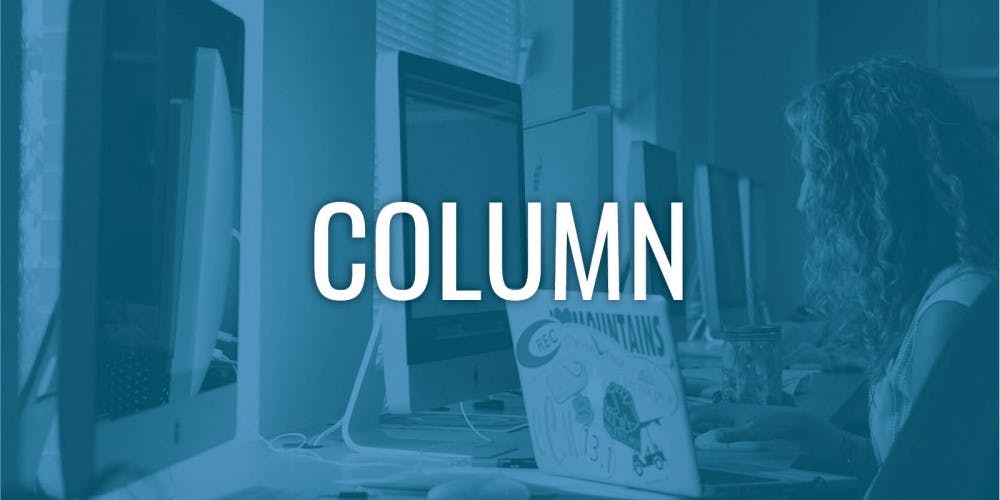Last week on International Women’s Day, I was so happy to see many of my peers and family members posting photos and statuses on social media celebrating the women in their lives. Captions for these photos included statements such as “I love my ladies!” and “Here’s to all the strong women I know!” Corporations such as Visa and McDonald’s updated their marketing to recognize the day. Men posted about their mothers and sisters and mentors. But most conversations stopped after praising the women they know.
As I sat watching the Oscars earlier this month, I was so happy to see Frances McDormand taking time to recognize all of the women being honored at the Oscars. During her acceptance speech for Best Actress, she asked all the women nominated in every category to stand. But, as the cameras panned across the room, most of the smiling faces were those of white women, because white, affluent women are almost always the ones being celebrated in these situations.
McDormand could’ve used her platform to make a statement on the lack of representation of women of color, queer women and trans folks in the audience, but instead, she neglected to comment on that. She didn’t show how different women’s experiences are when considering other forms of oppression. She did what most white feminists do — used her position to talk only about the issues that pertain to her identities.
The #MeToo movement has become disproportionately focused on the experiences of white women in Hollywood and politics, even though it was founded by a black woman. These are women who have the privilege of putting their careers on the line in the name of gender equality. But more vulnerable groups do not have that privilege. For a woman who can’t afford to lose her job, speaking up against sexual harassment in the workplace isn’t a viable option.
And then there are those women who use their pink hats to promote gender equality, without recognizing that not all women have the same genitals as them. Using female genitalia as a mascot for the women’s movement excludes trans, nonbinary and intersex folks, who deserve just as much of a place in feminism as everyone else. As women fighting for the rights of other women, it is important we recognize the ways in which you may be adding to the oppression of other women.
We cannot talk about the fight for gender equality without recognizing the varying grievances that occur for women with different, intersecting identities. If you’re not considering how vastly different people’s experiences may be, then you’re excluding women from the narrative of equality and representation.
All women who attend Elon University are privileged to be receiving this education, but many Elon students are privileged for a number of other reasons, such as their socioeconomic status or race. Here at Elon, we have numerous resources to educate ourselves on gender equality and issues facing women of all backgrounds, allowing us to be better advocates and allies. These resources include organizations and offices such as the Gender and LGBTQIA Center, Crossroads, Elon Feminists for Equality, Change and Transformation (EFFECT) and Students Promoting Awareness, Change and Empowerment (SPACE), and classes within the Women’s, Gender and Sexuality Studies minor. We need to recognize that women can be as much of the problem as they are part of the solution. We need to actively work towards educating ourselves so we can be feminists who include everyone.
And there’s much to say about the involvement of men as well. Men at Elon are immensely privileged and should be using their position to amplify the voices of all women, not just those they interact with. We shouldn’t care about women just because they’re our sisters or mothers or friends, but because they’re human beings, just like everyone else.
A successful movement toward equality begins with education. Take time to educate yourself about issues surrounding all women before you use your platform to only advocate for women who look or act like you.
We should be celebrating and amplifying the voices of women from various backgrounds every day, not just on International Women’s Day. Feminism isn’t just about the equality of one type of woman, but of every woman, regardless of their sexuality, gender assigned at birth, socioeconomic status, nationality, race or ability. If your feminism isn’t recognizing the unique struggles of all women, then it isn’t adding value to conversations; it is simply furthering the problem.


